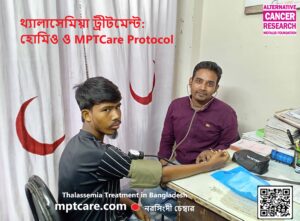Homeopathy vs Naturopathy: Understanding Two Healing Approaches
In the realm of alternative therapies, homeopathy and naturopathy often come up as two popular approaches to healthcare. Both systems emphasize natural healing and the individual’s overall well-being, but they differ significantly in their philosophies, treatment methods, and applications. Understanding the distinct characteristics of each can empower individuals to make informed decisions about their health.

What is Homeopathy?
Homeopathy is a holistic healing system developed in the late 18th century by Samuel Hahnemann. It operates on the principle of “like cures like,” meaning that substances causing symptoms in a healthy person can treat similar symptoms in a sick person when diluted. Homeopathy emphasizes individualized treatment, where practitioners select remedies based on a patient’s unique symptoms and emotional state. These remedies are highly diluted, making them safe and free of side effects.

What is Naturopathy?
Naturopathy is a holistic approach to health that emphasizes the body’s innate ability to heal itself. Founded in the 19th century, it combines various natural treatment modalities, including nutrition, herbal medicine, physical medicine, and lifestyle counseling. Naturopaths seek to identify and treat the root causes of illness rather than simply alleviating symptoms. The philosophy includes a focus on the whole person—body, mind, and spirit—and often incorporates lifestyle changes to promote long-term health.
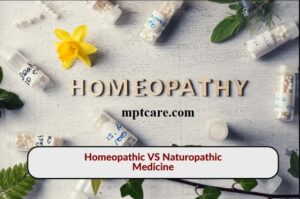
Homeopathy vs Naturopathy
Key Principles of Homeopathy
– Similars : As mentioned, the principle of “like cures like” underpins homeopathy.
– Highly Diluted Remedies : Homeopathic treatments are prepared through systematic dilution and succussion (vigorous shaking), aimed at enhancing their healing properties while minimizing any potential toxicity.
– Individualized Treatment : Homeopathy emphasizes personalized care, where treatments are tailored based on comprehensive patient evaluations.

Key Principles of Naturopathy
– Holistic Approach : Naturopathy considers the person as a whole, addressing physical, mental, and emotional aspects.
– Natural Therapies : Naturopaths use a variety of natural therapies, including diet, exercise, hydrotherapy, and acupuncture, alongside herbal and homeopathic remedies.
– Focus on Prevention : Preventive care and education are significant components of naturopathic practice, encouraging patients to adopt healthy lifestyles to avoid illness.
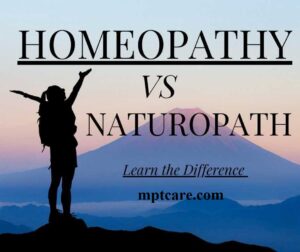
Naturopathy vs Homeopathy vs Holistic Healing
Both homeopathy and naturopathy fall under the umbrella of holistic healing, as they aim to treat the whole person. However, holistic healing encompasses a broader spectrum of practices, including massage therapy, Reiki, and other complementary therapies. Homeopathy is distinctly defined by its use of dilutions and specific remedy selection, while naturopathy incorporates multiple methods to foster wellness.
omeopathy vs Naturopathy vs Ayurveda
Ayurveda, the traditional medicine of India, is another holistic system that focuses on balancing the body’s energies (or doshas). Unlike homeopathy or naturopathy, which often emphasize herbs and treatments tailored to symptoms, Ayurveda takes a broader approach that includes lifestyle, diet, and exercise based on an individual’s constitution.
– Homeopathy utilizes highly diluted remedies.
– Naturopathy employs a mix of natural modalities for healing.
– Ayurveda focuses on balance and holistic lifestyle practices.
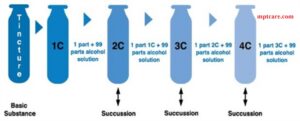
Allopathy vs Homeopathy vs Naturopathy
Allopathy refers to conventional medicine that uses pharmacological agents or surgical intervention to treat diseases. In contrast, homeopathy and naturopathy rely on natural healing methods:
– Allopathy focuses on treating symptoms directly.
– Homeopathy employs individualized, highly diluted remedies for overall balance.
– Naturopathy addresses root causes and emphasizes preventive health measures.
Functional Medicine vs Naturopathy vs Homeopathy
Functional medicine is an approach that seeks to identify and address the underlying causes of disease through a personalized treatment plan that often includes lifestyle modification, nutrition, and medication. While it shares some principles with both naturopathy and homeopathy, it is more integrative and may incorporate conventional medical treatments alongside alternative therapies.

Homeopathy vs Naturopathy in Different Regions
Homeopathy vs Naturopathy in California
Both homeopathy and naturopathy are growing in popularity in California, where many practitioners emphasize preventative care and holistic approaches to health. In this region, there is also a strong integration of these practices with conventional medicine, allowing patients to choose what works best for them.
Homeopathy vs Naturopathy in Canada
Canada has a vibrant community of practitioners in both systems. Each province has regulations in place for practice, especially for naturopaths, who require accreditation. Patients in Canada often benefit from a blend of treatments and are increasingly turning to homeopathy and naturopathy for their health needs.
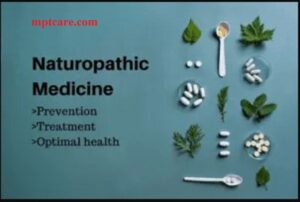
Definitions: Homeopathy vs Naturopathy
Understanding the definitions can clarify the distinctions:
– Homeopathy : A system of alternative medicine involving highly diluted substances that trigger the body’s healing processes.
– Naturopathy : A holistic approach that employs a range of natural treatments to support the body’s ability to heal itself.
Conclusion
In the debate of homeopathy vs naturopathy , it is crucial to recognize that both systems offer valuable insights and healing methods. At Motalib Alternative Homeo Cancer Sebaloy, we appreciate the unique philosophies each brings to healthcare. Understanding the differences can empower you to choose the right path for your health. If you are searching for a gentle and natural approach to healing, consider exploring both homeopathy and naturopathy.
With our dedication to reducing medical costs and providing compassionate care, we aim to support you on your journey toward better health. For more information and to stay updated on our latest insights, feel free to visit our Facebook page.
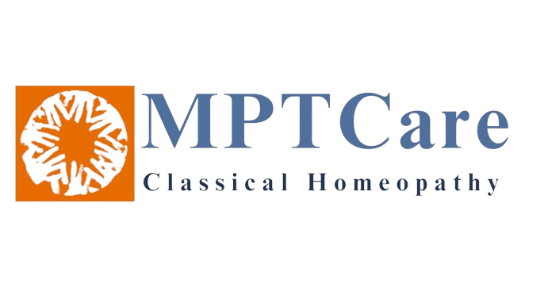


 Volunteer Help poor patients get cancer treatment and lead drug-free lives.
Volunteer Help poor patients get cancer treatment and lead drug-free lives.













